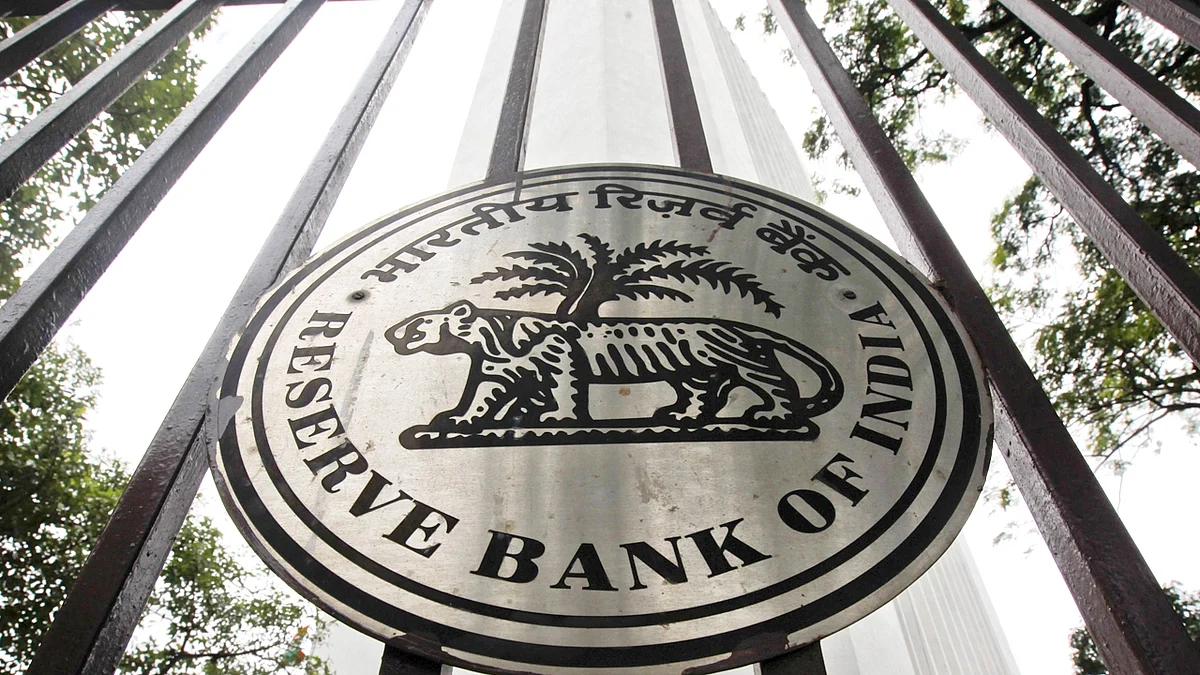Local lending set to slow down after RBI Repo Rate hike
The third hike in the Repo Rate this financial year now stands almost back at the pre-pandemic levels. The step was described by experts as RBI's attempt to weather the global storm

Friday's 50 basis point increase in the policy rate by the Reserve Bank of India's Monetary Policy Committee (MPC) was widely anticipated in light of persisting inflationary risks and the aggressive monetary policy stance of major central banks, notably the US Federal Reserve.
The MPC, in a bid to tame inflation, hiked the Repo Rate by 50 basis points to 5.90 per cent. The third hike in the Repo Rate this financial year, has ensured that it now stands almost back at the pre-pandemic levels. The steps have been described by experts as RBI's attempt to weather the global storm.
This was a response to two difficulties, according to economists. One, ongoing dangers to inflation, which has been above the upper tolerance band for the past eight months, and two, repercussions of an aggressive monetary policy stance by major central banks, particularly the US Fed.
“An uncertain inflation trajectory, with upside risks arising from food inflation, and higher passthrough of input costs (even as international commodity prices have come down), meant the MPC retained its inflation forecast at 6.7% for the current fiscal,” Dharmakirti Joshi, Chief Economist, CRISIL Ltd said.
Experts said that MPC’s future actions will be dependent on the trajectory of domestic inflation, developments in the external sector, and surprises in the actions of other major central banks.
“Assuming Fed funds rate of 4.4 per cent by December 2022, we may see at least another 50-bps hike in the remaining part of the current financial year, despite the recent correction in commodity prices offering tailwinds,” Garima Kapoor, economist, institutional equities, Elara Capital said.
Utsav Johri, partner at national law firm JSA pointed out that as the cost of borrowing for corporates and individuals will further increase, the Repo Rate hike may further slow down the local lending activity in the country till the market adapts to the new rates.
“The RBI governor, in this speech, also announced a discussion paper on the securitisation of stressed assets. Such a framework, once implemented, will provide an alternate mechanism for the securitisation of stressed loans in addition to the currently available route of transfer to asset reconstruction companies, providing new avenues to banks and financial institutions to deal with stressed loans. The Governor also announced the discussion paper on the expected credit loss framework for loan loss provisioning for banks, this is also a welcome step to develop a more robust banking culture,” Johri said.
Since February 2022, retail inflation has remained slightly above the RBI's upper goal of 6 per cent, with the most recent reading coming in at 7 per cent in August. RBI has raised the repo rate by 140 basis points (bps) since April 2022, while house loan rates have grown by an average of 80 bps, or more than 50 per cent, so far. Dr. Samantak Das, Chief Economist and Head of Research and REIS, JLL, India, a global provider of real estate services, responded to the rate increase by saying that it does not bode well for the real estate industry, particularly the residential segment, since it will lead to higher mortgage rates.
“Taking a cue from the previous transmission, we expect the home loan interest rates to go up in the range of 25-30 bps. However, the interest rate after this hike would be still below what the homebuyers had to pay 8 to 9 years back, more than 10 per cent. It is likely that banks might also delay the transmission, taking into account higher housing demand during the festive season,” he said.
While residential unit sales climbed by more than two times during the first half of 2022 compared to the same period in the previous year, experts observed that with Friday's repo rate increase, revised house loan EMI would rise by an average of 8 to 9 per cent compared to six months ago.
The continuous rise in home loan EMI is hence expected to act as a sentiment disruptor. “We believe that home loan interest rates inching towards 9 per cent and above may result in moderation of housing sales growth in the medium term, especially post the current festive season,” Dr. Das said.
Follow us on: Facebook, Twitter, Google News, Instagram
Join our official telegram channel (@nationalherald) and stay updated with the latest headlines